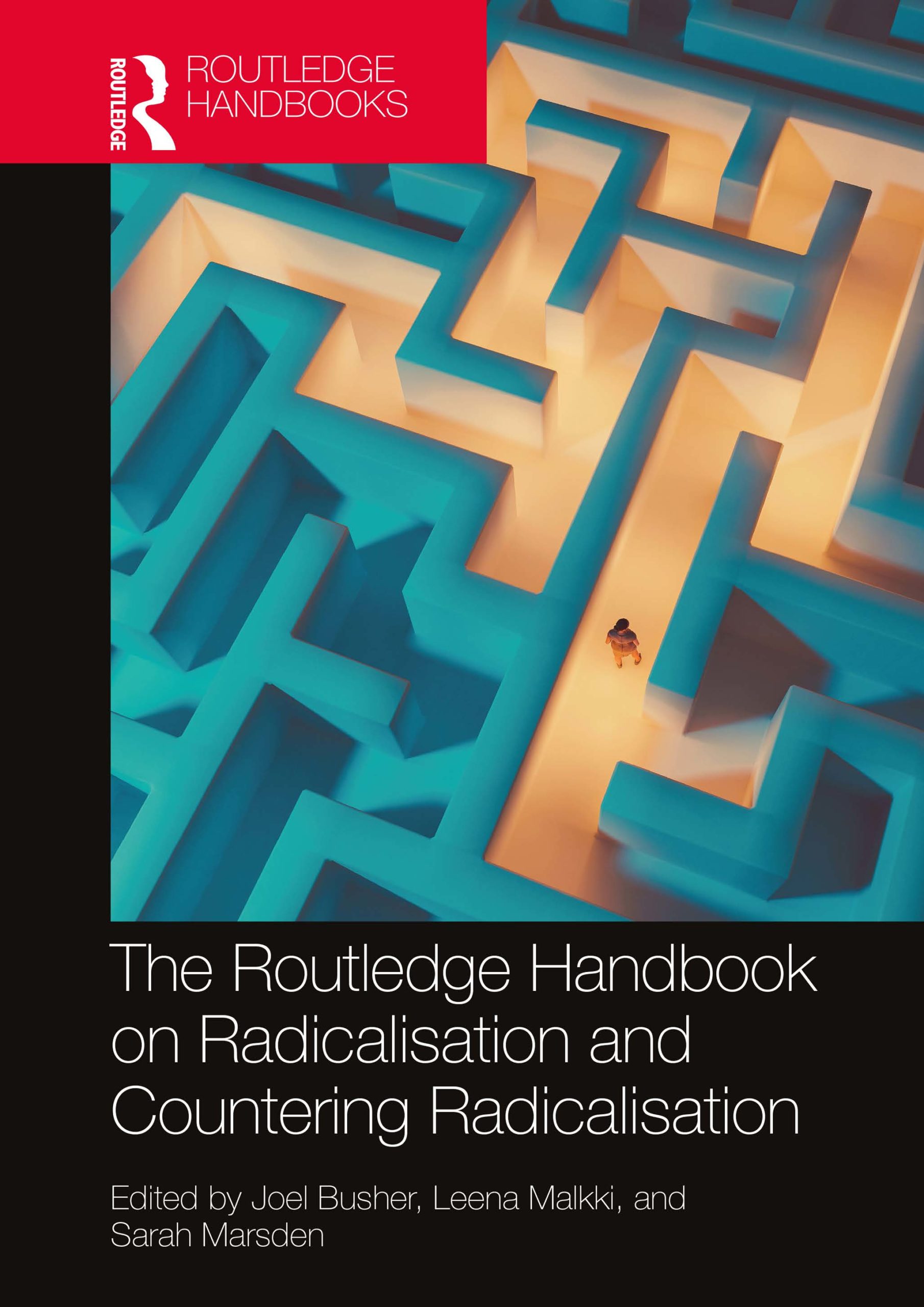
‘Radicalisation’ and ‘Countering Radicalisation’: The Emergence and Expansion of a Contentious Concept

‘Radicalisation’ has become the primary prism for understanding and countering terrorism. To many, terrorism as the result of a ‘radicalisation process’ is an unquestioned axiom and considered self-evident. But the concept does not have a long pedigree, neither in academia nor in counterterrorism policies. In relation to terrorism, it only emerged after the 9/11 attacks and, in particular, after the string of attacks that struck Europe in 2004 and 2005. Contrary to the concept itself, however, the questions it seeks to answer are as old as terrorism: Why and how does one become a terrorist? What makes a terrorist? What motivates people to join terrorist groups? When do they embrace violence to advance political objectives? What is the trigger that makes an individual cross the threshold between holding extremist ideas and actually using violence?
Has the new concept succeeded in giving better answers to the old questions? This will be the common thread throughout the chapter. The chapter will proceed as follows. First, it will reconstruct the emergence of the concept as a political construct and describe how and why academia and think tanks subsequently embraced the concept. The role of the European Union has been crucial throughout this process.
This article was first published in the book “The Routledge Handbook on Radicalisation and Countering Radicalisation” by Routledge.
(Photo credit: Routledge)